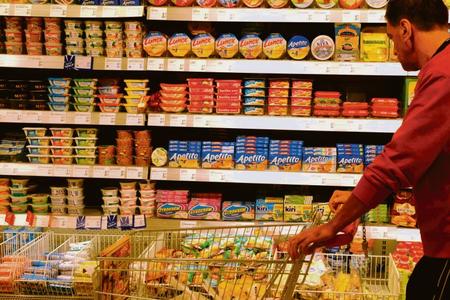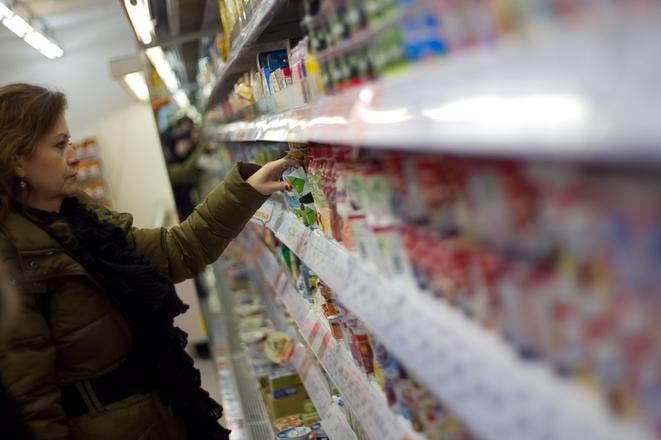The European Commission will respond to the complaints of central and eastern European countries, including Slovakia, about the double quality of products sold in shops. But the offered solution will not be radical.
Brussels informed that it does not plan to change legislation for now. Instead, it will continue with tests, the Sme daily reported.
The EC allocated €1 million for the Joint Research Centre, which will now work on a detailed methodology for foodstuff tests in all EU member states. This will help avoid situations where different countries test products differently.
The joint methodology will be introduced on October 13 at a summit in Bratislava.
The EC allocated another €1 million for member states, expected to pay for further studies and gather more evidence about the different quality of foodstuff, Sme wrote.

Since the EU will not change the laws for now, it will at least issue a directive to clarify and show member states how to use two valid EU regulations in case they reveal the different quality of food sold in shops. It should help national authorities to decide whether a certain company is violating EU laws or not, according to the daily.
“I will not accept that in some parts of Europe people are being sold food of lower quality than in other countries, despite the packaging and branding being identical,” said EC President Jean-Claude Juncker in mid-September, as quoted by Sme.
He added that they now have to give the national authorities more power to remove all existing illegal practices.
The question now is how Slovakia will respond. Prime Minister Robert Fico expressed his dissatisfaction with the EU’s approach to this issue in July. In his words, the EU is not doing anything and only collecting test results. Fico also mentioned the possibility of adopting unilateral measures if the EC fails to tackle this problem.



 The price of 400 food products has been capped by eight retailers. (source: Sme)
The price of 400 food products has been capped by eight retailers. (source: Sme)